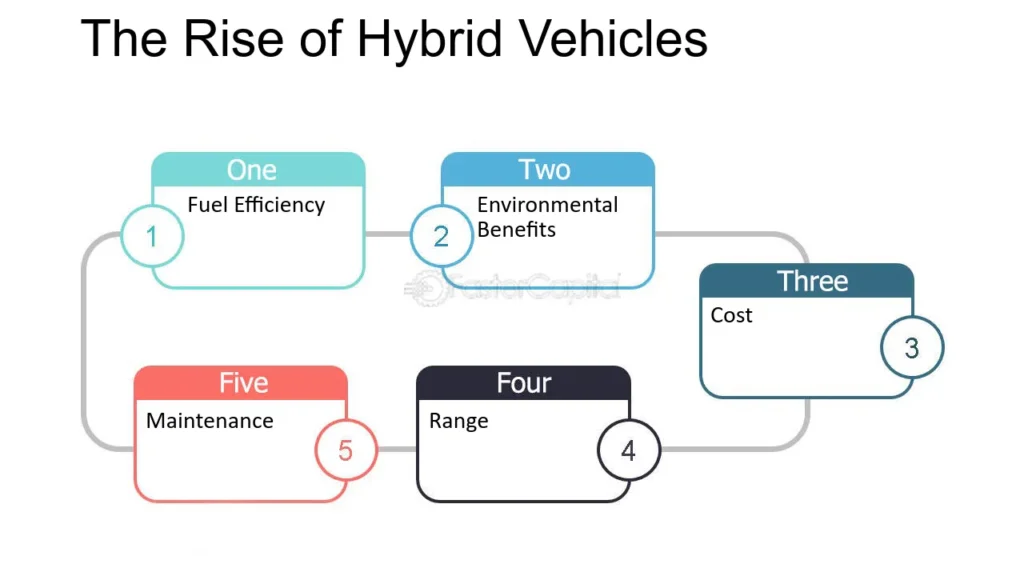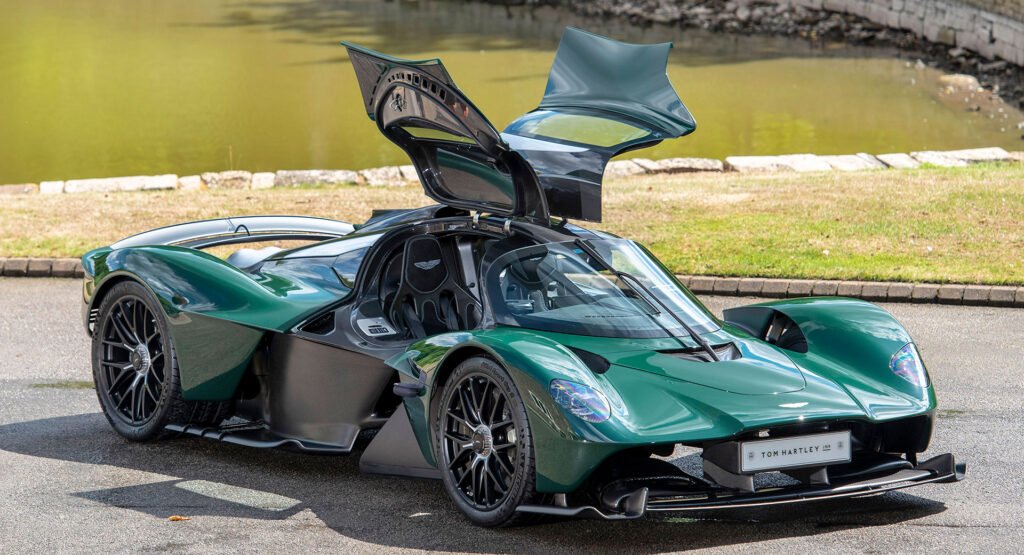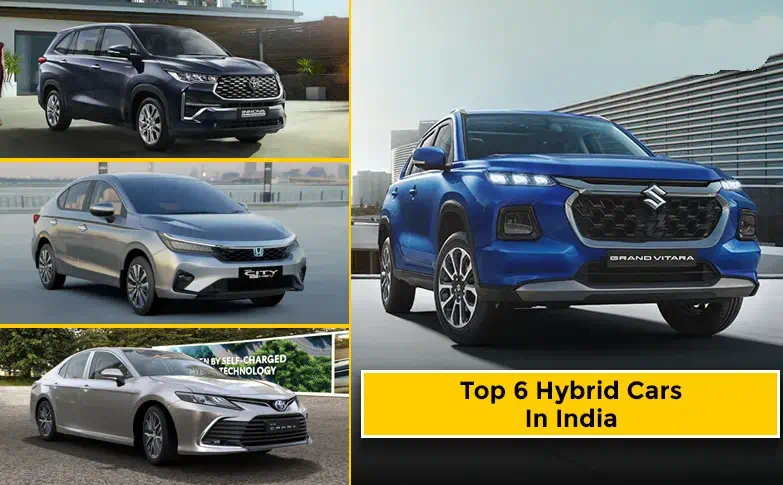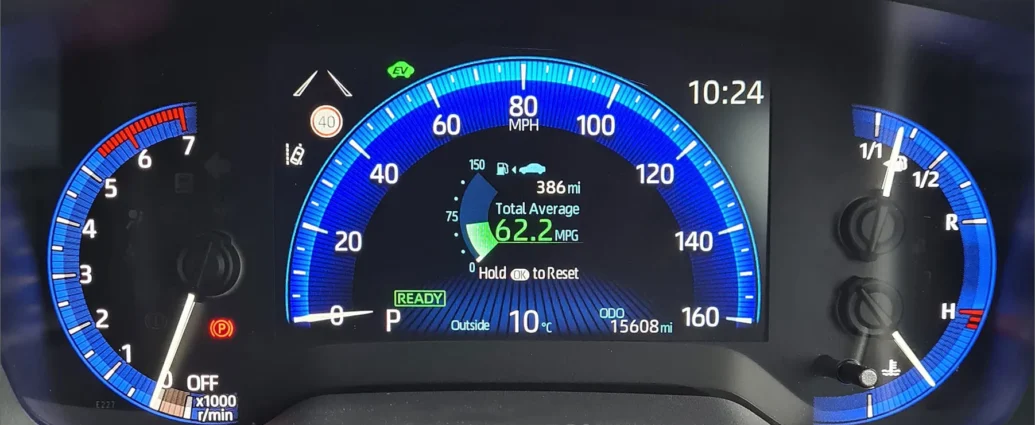Electric vehicles (EVs) have been grabbing headlines for their eco-friendly potential. However, a surprising trend is emerging: the rise of hybrid cars. Here’s what’s driving this shift.

One major reason is the lack of widespread charging stations for EVs. This infrastructure gap makes EVs inconvenient for many drivers. Additionally, despite cost reductions and occasional deals, EVs still carry a higher price tag compared to hybrids. Hybrid cars offer a more affordable option for those looking to transition to greener vehicles.

This trend is reflected in the revised plans of several car companies. Leading names like Aston Martin, Mercedes-Benz, Bentley, and Polestar have all pushed back their full EV launches. Aston Martin, for instance, is prioritizing a series of hybrid car models before going fully electric in 2026. Similarly, Mercedes has extended its electrification timeline by five years.
The Indian market is another example. Major automakers like Toyota, Maruti, and Honda are placing their bets on hybrids. Maruti Suzuki plans to make hybrids a focus for the next five years, and Toyota is developing budget-friendly hybrid options specifically for India. These companies believe government incentives could further boost hybrid adoption.

While government support remains limited, reasons like reliability, affordability, no range anxiety, advantages of regenerative braking etc. are leading to a rise of hybrid car models. Industry estimates show the hybrid market share in India jumped from 0.5% in 2022 to 2% in 2023.
Reference- Financial Times, Reuters, Autocar India, Electrive, E-vehicle Info website






